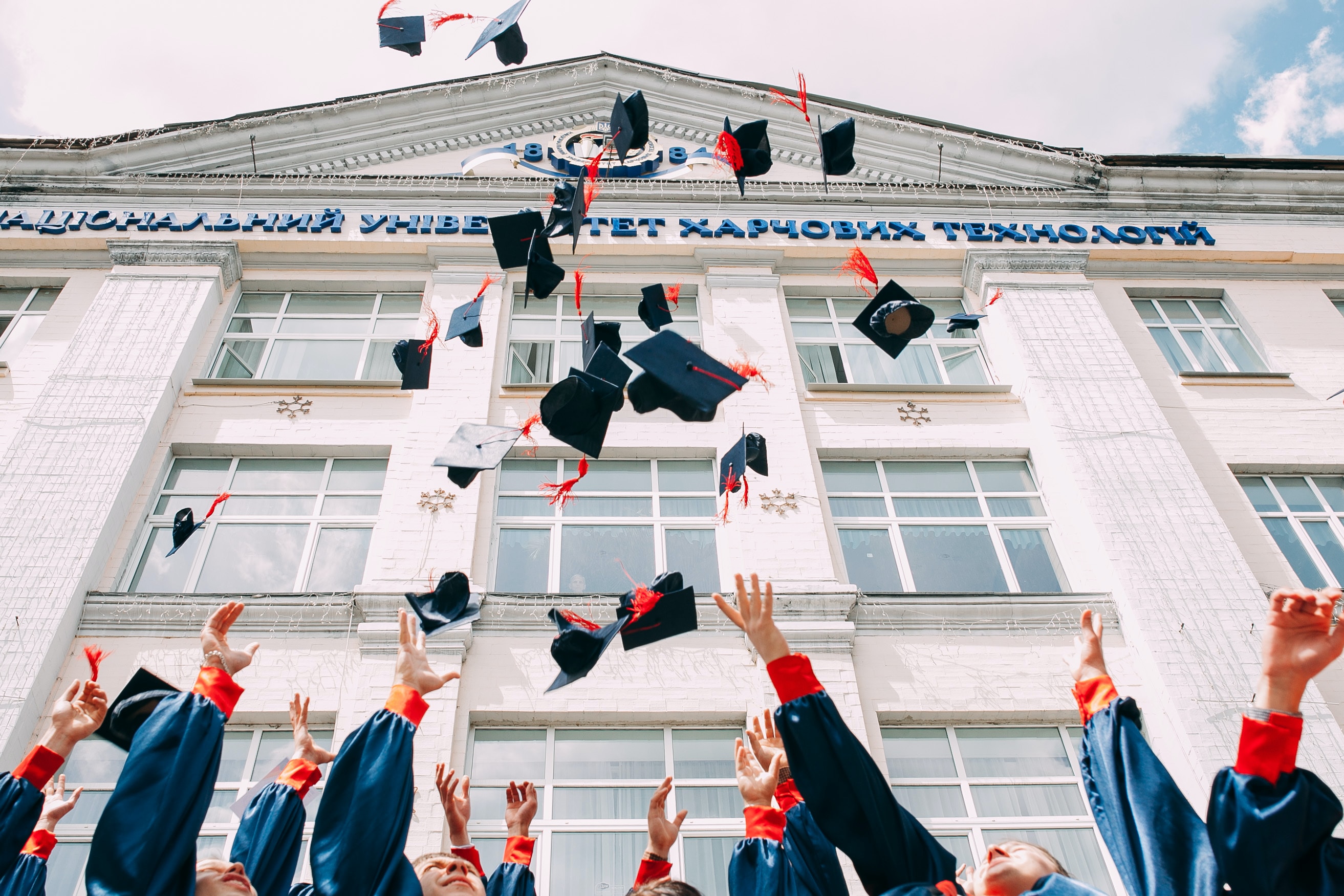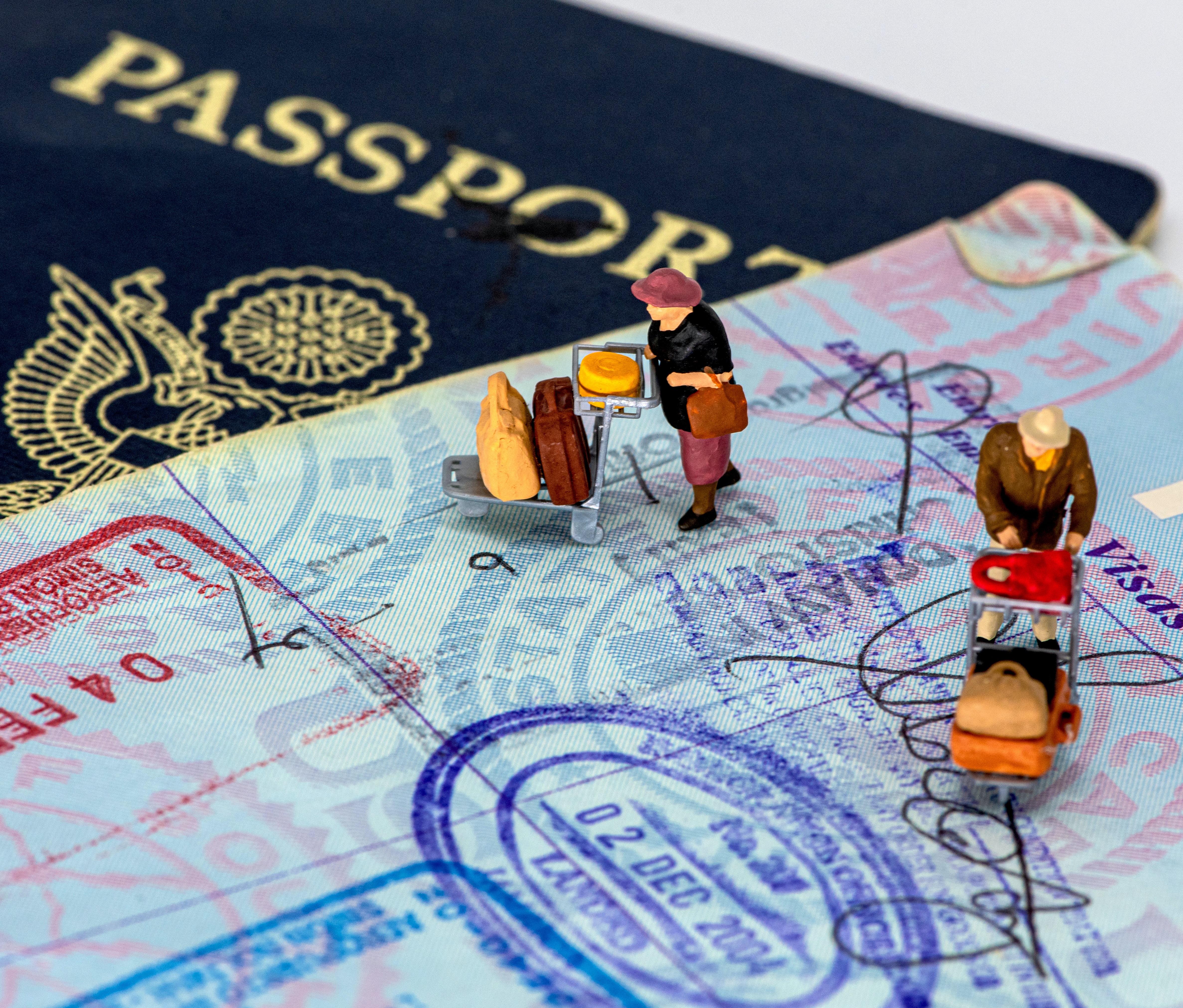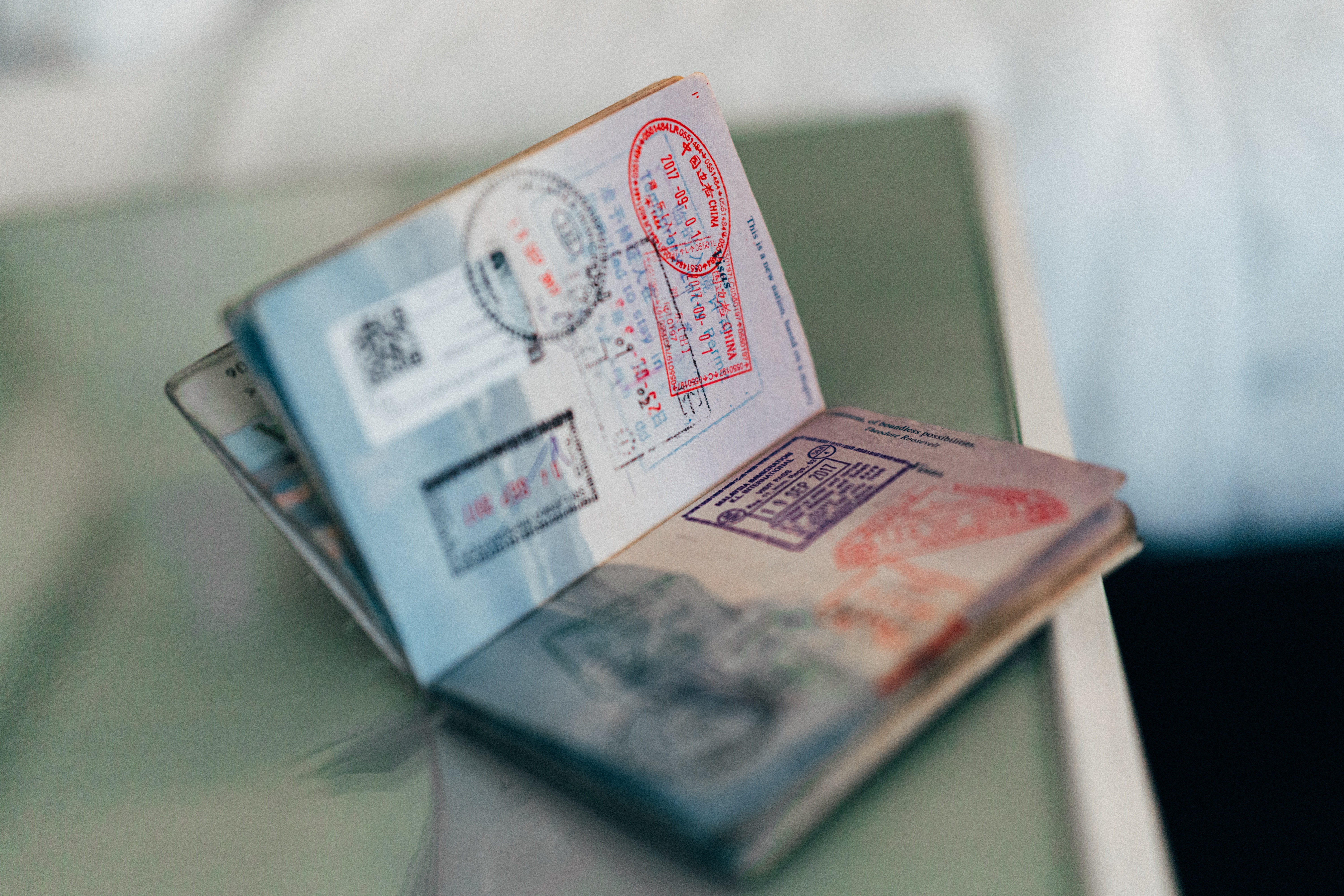The allure of studying in the United States has captivated the aspirations of countless students around the world. Renowned for its prestigious universities, cutting-edge research facilities, and vibrant campus life, the US continues to be a top destination for international students seeking a world-class education.
Every year, various young minds from all corners of the world embark on a journey to pursue their academic dreams in the land of opportunity.
Masoud Jasbi, an assistant professor at the University of California, Davis, has sparked thought-provoking debates on the Internet. in a news Twitter threadrevealed the grim truth that arbitrary decisions by visa officers could undo years of dedication and hard work by students.
Talented students, accepted to prestigious US universities, faced visa refusals due to subjective reasons, such as the officer not feeling a certain “vibe” for no apparent reason.

Labeling it “cruelty,” the professor noted that clauses like 214b are often used as a “blank check” to deny student visas. Jasbi kicked off his tweet by saying:
“I’m pretty used to the cruelty students face when applying for a US visa, but this one broke me. We offered admission to a stellar, talented, hard-working student. After months of work and hundreds of dollars, an embassy officer looked at him for 5 minutes and said no. Why? Short answer: no real reason.”
I’m pretty used to the cruelty students can face when applying for a US visa, but this one broke me. We offered admission to a stellar, talented, and hard-working student. After months of work and hundreds of dollars, an embassy officer looked at it for 5 minutes and said no. because? …
— Masoud (@linguistMasoud) July 23, 2023
Short answer: no real reason. But before I explain, let me briefly talk about what this student went through for over a year to hear a 5 minute “no.” Forget all the work of putting together an outstanding app that received unanimous praise from members of the
— Masoud (@linguistMasoud) July 23, 2023

Sharing an incident involving a student, the professor revealed that the student faced rejection even after paying “admission fees, standardized tests, a visa application fee, a plane ticket to another country to attend the 5-minute visa interview (no US embassy in Iran), plus accommodation for the trip, etc.”
admissions committee. Forget all the filling forms and interviews and emails etc. Had to pay for admission fees, standardized tests, visa application fee, plane ticket to another country to attend the 5-minute visa interview (no US).
— Masoud (@linguistMasoud) July 23, 2023
Masoud Jasbi says these expenses can quickly add up to a few thousand dollars, a significant sum when high-paying jobs in Iran only offer $200-300.
embassy in Iran) plus accommodation for the trip, etc. This is easily a few thousand dollars. Do you know what is the monthly salary for a well paid job in Iran? $200-300!! Students don’t have this kind of money to throw away for a 5 minute “no.” And the reason for this “no”?
— Masoud (@linguistMasoud) July 23, 2023
He was told that he did not “prove” that he would return to his country after finishing his education (section 214b). Now could you say how do you prove that? The state department says you have to show connections to your home country, like having family or a job or…
— Masoud (@linguistMasoud) July 23, 2023
Students cannot afford to “throw away” such an amount for a simple 5-minute “no.” And the reason for this rejection?

In his explanation of how Section 214b is used as a “blank check,” the professor stated:
“There doesn’t need to be any legitimate reason for it. Just that the officer wasn’t getting the right vibes for whatever reason!”
After being admitted to a US university, students must demonstrate their intent to return to their home country during the visa process.
Usually, people prove this by showing family connections, jobs, or property in their homeland. However, students from disadvantaged backgrounds may lack these tests, making it difficult to establish their return intentions.
 Unsplash
Unsplash
Concluding his comments, the professor posed the question, “Also, if the US wants students to return to their countries after graduation, then why does the law also have pathways to jobs and residency as OPTs after graduation? Does the US want good talent to stay in the US or not? Can the government make a decision?”
With over 10 million views and over 12,000 retweets, the post certainly garnered widespread attention and sparked significant discussion.
This level of engagement reflects the urgency and relevance of the issue raised by Masoud Jasbi, shedding light on the challenges students face in the US visa process.
The professor’s insights have ignited a call for transparency and fairness in visa decisions, resonating with many who have experienced or witnessed similar struggles.
For more trending stories, follow us on Telegram.
Categories: Trending
Source: vtt.edu.vn